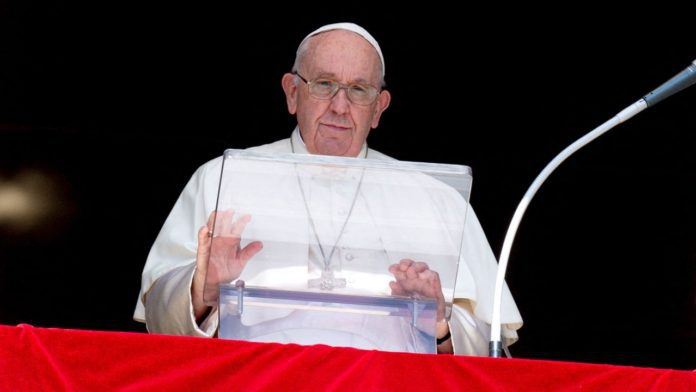Pope Francis starts a trip on Tuesday to two fragile African nations where protracted conflicts have left millions of refugees and displaced people grappling with hunger.
The Jan. 31-Feb 5 visit to the Democratic Republic of Congo (DRC) and South Sudan, takes the 86-year-old pope to places where Catholics make up about half of the populations and where the Church is a key player in health and education systems as well as in democracy-building efforts.
The trip was scheduled to take place last July but was postponed because Francis was suffering a flare-up of a chronic knee ailment. He still uses a wheelchair and cane, but his knee has improved significantly.
Both countries are rich in natural resources – DRC in minerals and South Sudan in oil – but beset with poverty and strife.
DRC, which is the second-largest country in Africa and has a population of about 90 million, is getting its first visit by a pope since John Paul II travelled there in 1985 when it was known as Zaire.
Francis had planned to visit the eastern city of Goma but that stop was scrapped following the resurgence of fighting between the army and the M23 rebel group in the area where Italy’s ambassador, his bodyguard and driver were killed in an ambush in 2021.
Francis will stay in the capital, Kinshasa, but will meet there with victims of violence from the east.
“Congo is a moral emergency that cannot be ignored,” the Vatican’s ambassador to DRC, Archbishop Ettore Balestrero, told Reuters.
The trip takes on an unprecedented nature on Friday when the pope leaves Kinshasa for South Sudan’s capital, Juba.
That leg is being made with the Archbishop of Canterbury, Justin Welby and the Moderator of the General Assembly of the Church of Scotland, Iain



























